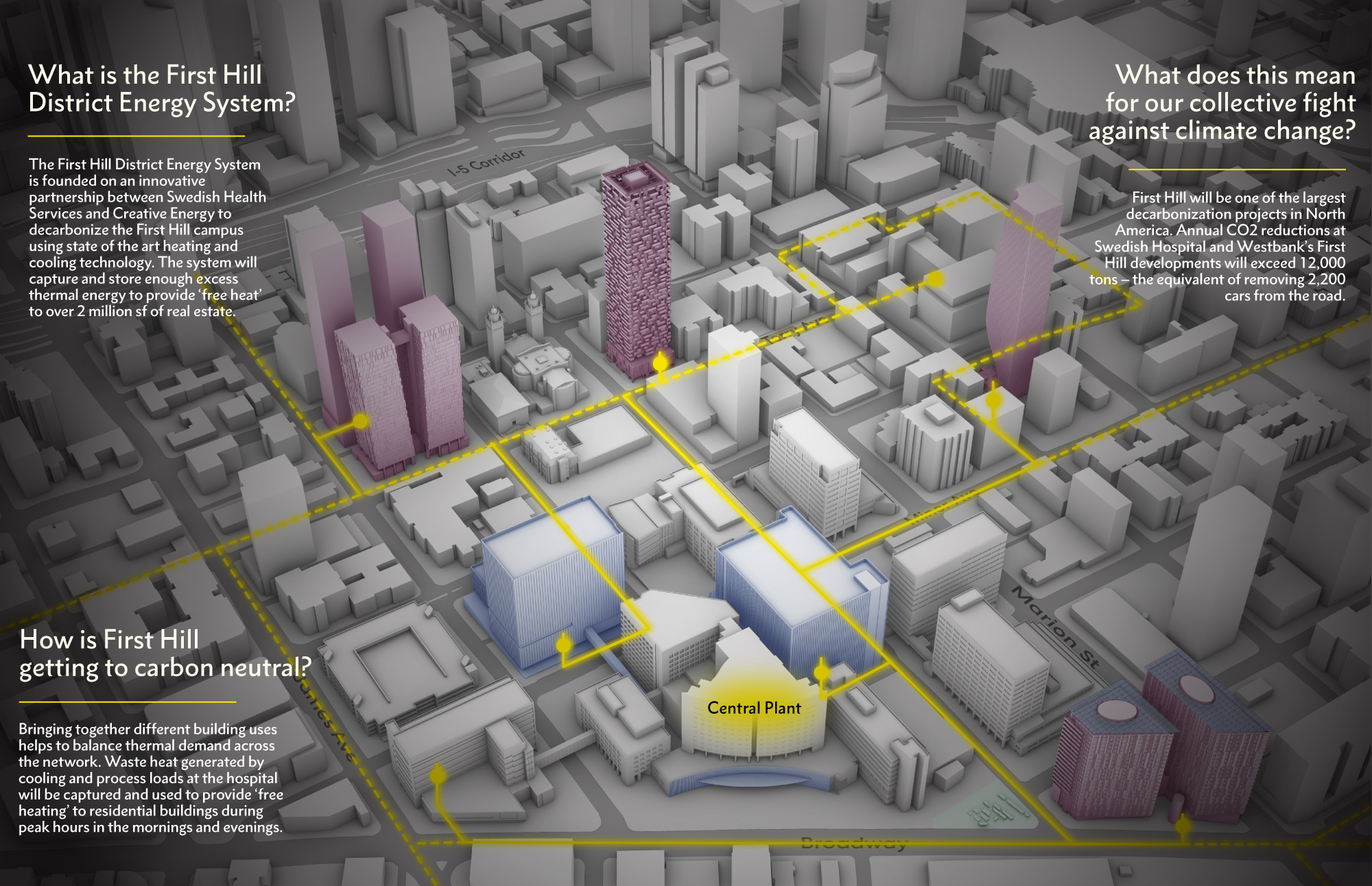SEATTLE (LifeSiteNews) – The Archdiocese of Seattle has announced plans to sell four of its buildings to a global property developer that specializes in projects centered on “sustainability” as part of a development looking to “reset” the housing market in line with “net zero” goals.
The Archdiocese of Seattle announced March 29 that, in conjunction with the Cathedral of St. James, it would be selling a total of four properties to Westbank, a global real estate development company described as “one of the largest net zero carbon developers in the world.”
The properties for sale are St. James Cathedral’s Pastoral Outreach Center at 907 Columbia Street and the Archdiocese of Seattle’s buildings at 710 Ninth Avenue (Paul Pigott Building), 907 Terry Avenue (old Chancery Building), and 1104 Spring Street (Connolly House).The Archdiocese noted that as part of the sale agreement with Westbank, Connolly House would be preserved.
The aim of the sale, as explained by the Archdiocese, is to “create an inspiring carbon-neutral community that enhances the future of the First Hill neighborhood, while also supporting the continued mission of the Catholic Church.”
Westbank, in partnership with Creative Energy and Swedish Health Services, will use the Archdiocesan buildings to create over 1,300 residential homes, as part of the wider First Hill Seattle redevelopment plans.
The First Hill development “will be one of the largest decarbonization projects in North America, achieving CO2 reductions in excess of 12,000 tons year.” The plans themselves are currently on exhibition and are called “The Common Good.”
Writing that “self interest” dominates society, the development plans state that this results in “the greatest level of inequality in generations…threats to our climate, to a well functioning citizenry and to our democracy.”
“Collectively, we need a reset,” the plans state, employing terminology made famous by the World Economic Forum’s Klaus Schwab in his Great Reset.
“The clearest example and most obvious existential threat to humanity is climate change and the destruction of the environment.”
The development aims not only to become a “large-scale net zero carbon initiative,” but also to serve as a “catalyst to decarbonize the broader neighborhood.”

Commenting on the property sale, Seattle’s Archbishop Paul D. Etienne said that “creatively thinking about how we can better use our properties to achieve the mission of the Church is exactly what we need to do as good stewards of God’s gifts.”
“Redeveloping our real estate in a very efficient and sustainable way not only reflects our Catholic value of caring for our common home, but also provides us with resources to carry out our greater mission of bringing Christ to others,” he said.
The archbishop said that the sale was “ensuring we can continue the good work of the Catholic Church,” a point which LifeSiteNews asked the Archdiocese about, but has not yet received a response.
Westbank’s founder Ian Gillespie echoed Archbishop Etienne, saying that the company would use the archdiocesan buildings to help “First Hill significantly reduce its carbon footprint and demonstrate leadership globally in responding to climate change.”
While Pope Francis has regularly championed climate change policies, pro-life and family advocates have continually expressed concern over the climate activism movement, as it is often aligned with pro-abortion and population control forces. Others criticize much of climate activism as being about garnering government grants and exerting statist power.
The former Papal Nuncio to the U.S., Archbishop Carlo Maria Viganò, previously linked the hysteria surrounding “climate change” to a desire for increasing governmental control over daily life.
Writing in May 2021, Viganò noted that green policies would become the successor to COVID mandates: “Even if the pandemic farce does not have the desired effects due to unforeseen events, we already have the next step ready: the climate emergency as the pretext for imposing the ‘ecological transition’ and ‘sustainable development’.”
While Archbishop Etienne referenced Pope Francis’ ecological writings, the Australian prelate Cardinal George Pell has criticized the Pope’s 2015 encyclical Laudato si, saying that the Church “has got no mandate from the Lord to pronounce on scientific matters.” Cardinal Pell has received much media backlash over the years for rejecting the ramped up fears of “climate change.”

